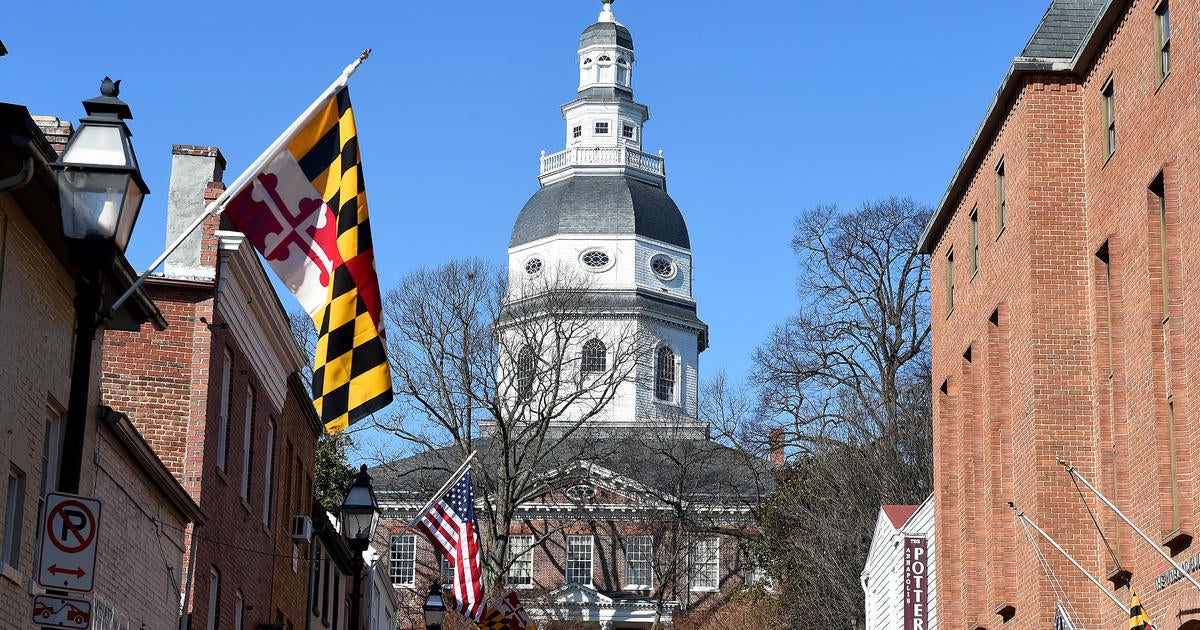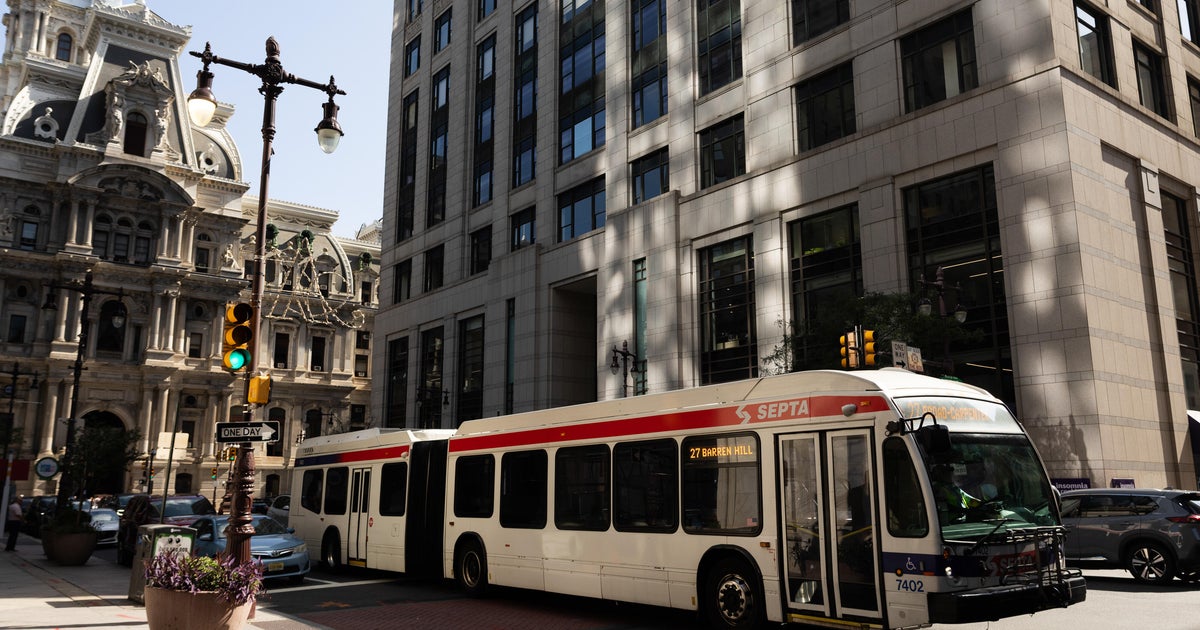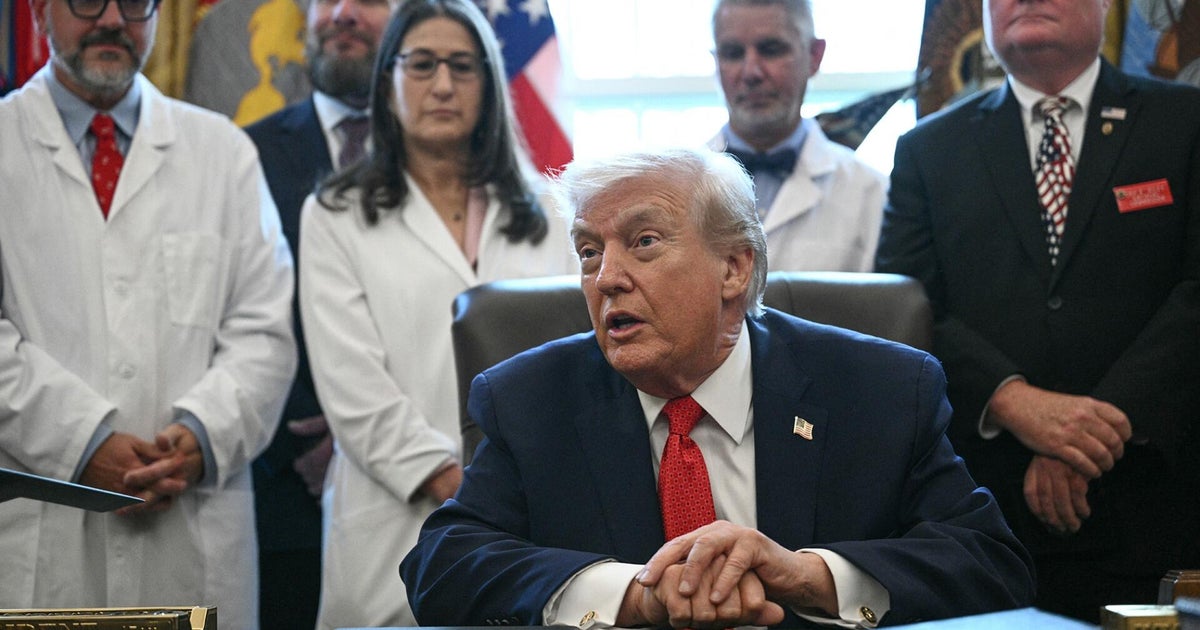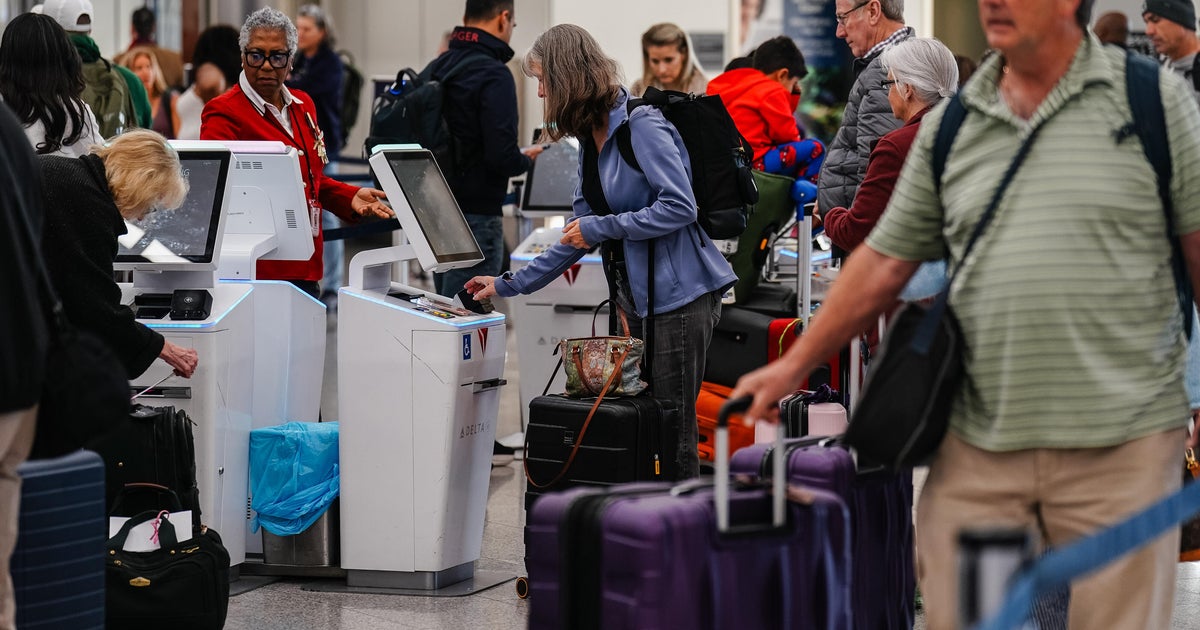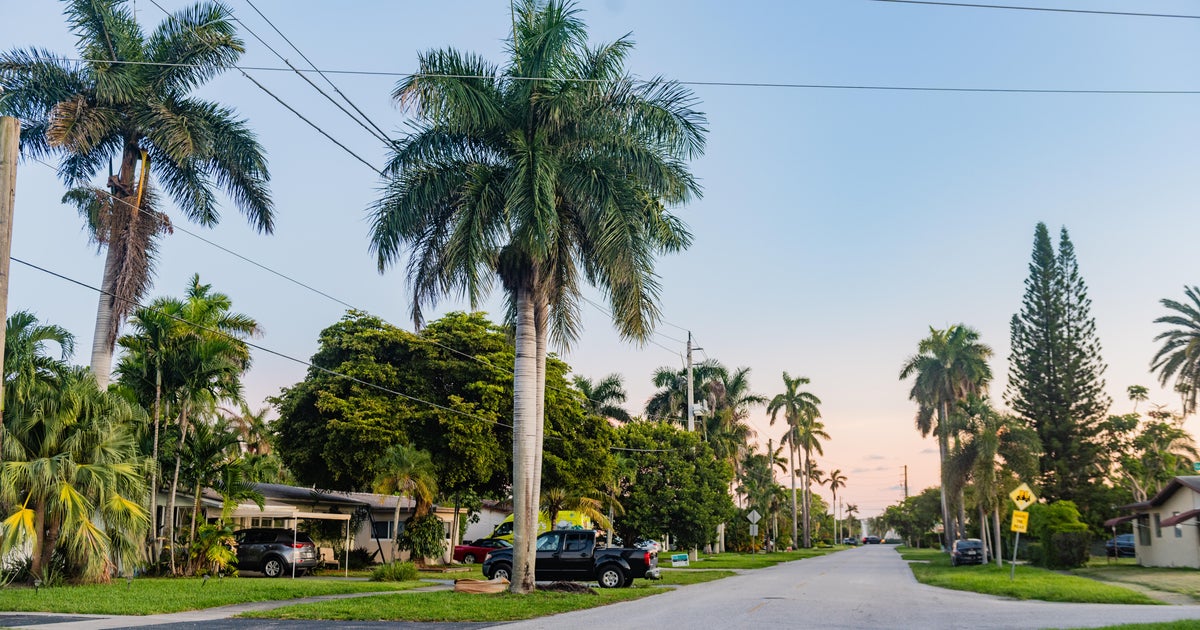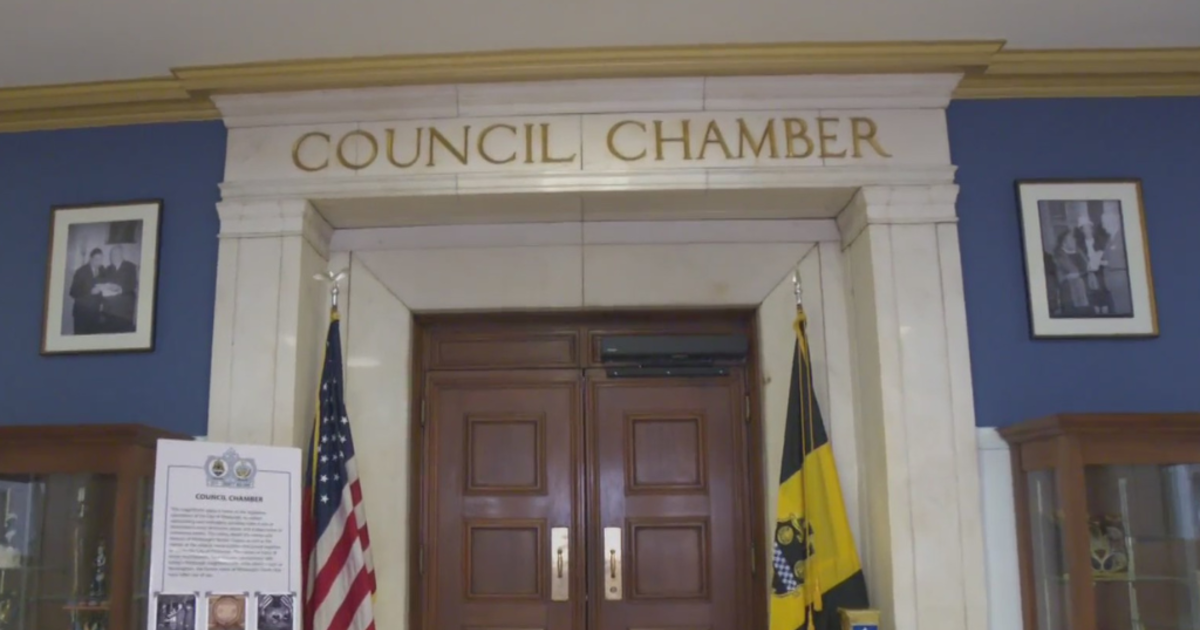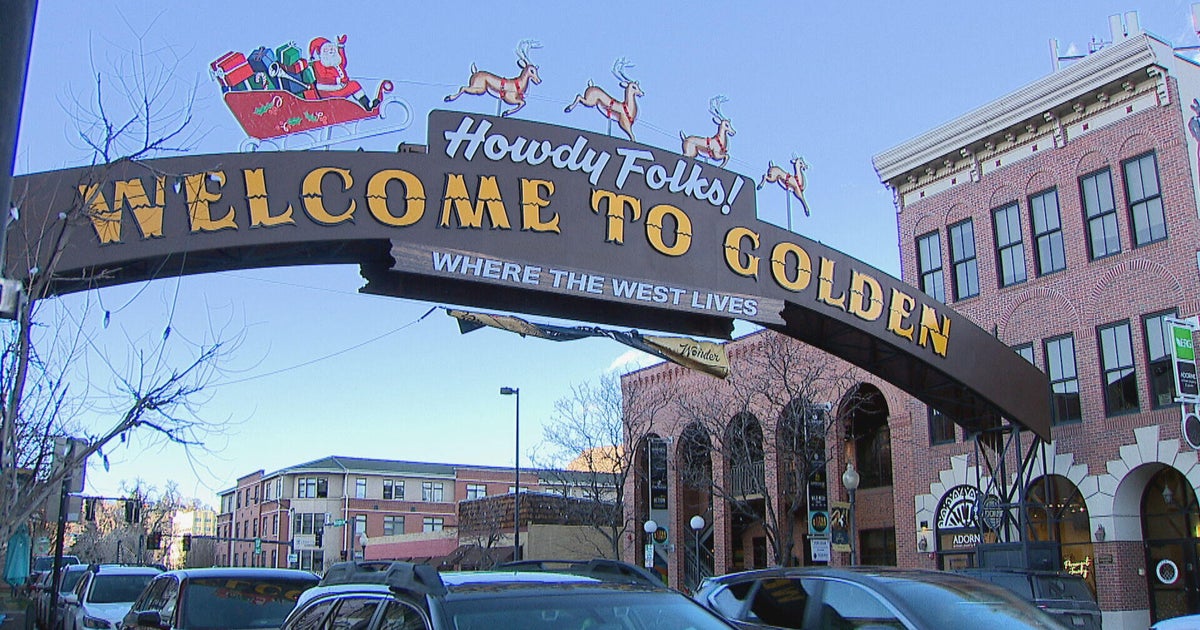Maryland Gov. Moore, lawmakers discuss expediting $15 minimum wage
BALTIMORE - Maryland is supposed to get to a $15 minimum wage by January 2025.
Now, Gov. Wes Moore and several lawmakers want to expedite the process to get to that minimum wage increase sooner.
Those who support the minimum wage increase tell WJZ it is important to do this now because inflation has had an impact on how far money stretches, especially since the start of the COVID-19 pandemic.
Supporters also said that higher wages make them more competitive, it cuts back on turnover of new employees, and it's good business because it gets more money into the pockets of workers.
If the governor has his way, the $15 minimum will come about 15 months earlier, in October of 2023.
Gina Schaefer, who owns a dozen hardware stores in Maryland, Washington D.C. and Virginia, said she has been pushing for $15 minimum wage for years.
On Monday, she, along with union members and other business owners, met with Gov. Moore to see what they can do about increasing minimum wage sooner.
"We've been paying the highest wage of our three jurisdictions in all three of our regions in DC, Maryland and Virginia and we're fine," Schaefer said. "We're still in business. We're still growing. It's definitely doable in Maryland, and we're ready for it to happen."
Maryland passed a law to phase in a $15 minimum wage over a few years.
Gov. Moore said the minimum wage hike would be for businesses with more than 15 workers.
"We actually think this bill is something that's going to incentivize people to take that first step on the wrung, that this is something that's going to incentivize people to return to the workforce, that is going to incentivize people from turning something from a job into a career," said Governor Moore.
Some business owners worry being forced to pay a higher minimum wage would put them out of business.
Delegate Christopher T. Adams, also a business owner, expressed concern that such a high minimum wage may limit motivation for new workers to work harder.
"When we pass bills that artificially put the government in place of the free market, when we're taking
the dynamics of what it takes to get to step one step to step 10, are you worried that some people aren't going to get to step one when you take out the opportunity for people to get that first job at entry-level level," Delegate Adams said. "Those are the people I worry about."
A key part of this bill will be to align the minimum wage to inflation which could go as high as $18.80 per hour by July 2034, if the bill passes.
The current bill is capped at $15 minimum wage.
Delegate Seth Howard pushed the governor on why the current $15 law isn't good enough.
"This is settled legislation as far as I'm concerned governor," said Delegate Howard, who worked on the bipartisan measure in 2019. "The business communities are very sensitive to the needs of workers."
"And so we've actually been working very closely with the business community to ensure that their voices are being heard in this and making sure they are very much part of the final piece of legislation," said Governor Moore.
A key part of this bill will be to align the minimum wage increase to inflation, with a cap at 5-percent, with exceptions such as:
1.) If inflation remains at zero or negative, there will be no inflation related increases
2.) And a company would not have to adjust the minimum rate increase for inflation "if a six-month change in employment is negative", per the bill

